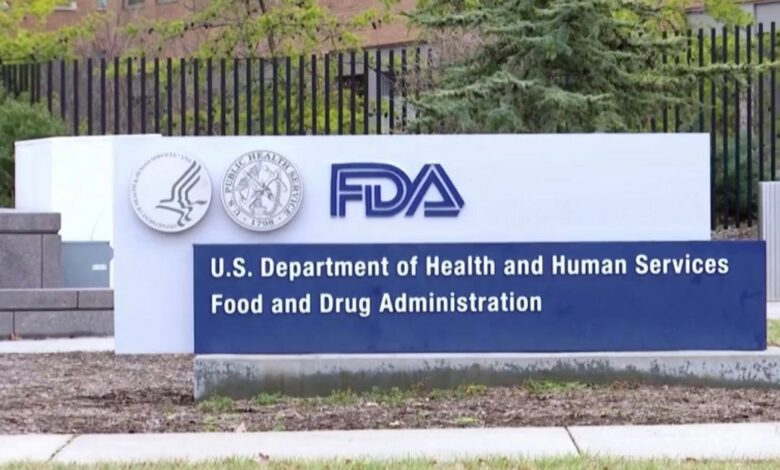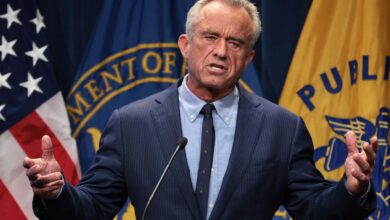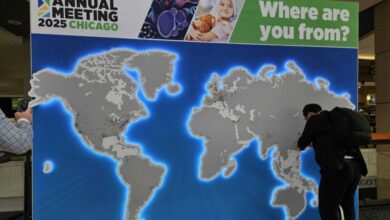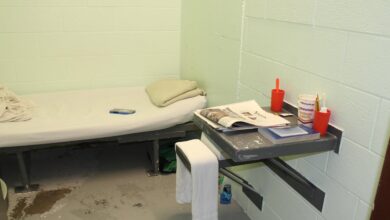FDA to undo some layoffs, after cuts to inspections and drug safety

The Food and Drug Administration (FDA) has made a significant reversal of layoffs that were causing disruptions in drug and food safety work. Health and Human Services Secretary Robert F. Kennedy Jr. initially planned to cut 3,500 employees from the FDA, but some scientists and inspection staff have been informed that their layoffs will be reversed.
In team-wide meetings held last week, FDA employees were notified by their supervisors that their layoffs would be reversed. This includes scientists from drug safety labs in Puerto Rico and Detroit, as well as food safety labs in Chicago and San Francisco. A few support staff for FDA inspectors are also being brought back.
The New York Times first reported the reinstatement of FDA’s food safety labs. The Department of Health and Human Services spokesperson attributed the errors in the layoffs to inaccurate data from the department’s HR divisions. They mentioned that the department is reorganizing its administrative functions to streamline operations and fix the broken systems left by the previous administration.
Kennedy had previously mentioned that some layoffs would be revoked, such as in the Centers for Disease Control and Prevention’s lead poisoning teams. However, these reversals did not happen, leaving certain areas of work, like lead poisoning investigations, largely abandoned.
The FDA’s inspections have fallen behind due to the layoffs, especially for overseas manufacturers of drugs and food products. A pilot program aimed at expanding unannounced foreign inspections has stalled, with less than 60% of planned inspections completed in a recent week. Sidelined inspectors have been asked to pivot to local inspections within the U.S.
In terms of drug safety work, the layoffs have led to delays and disruptions. Scientists in FDA labs in San Juan and Detroit were let go, leaving only labs in New York and Irvine. These labs were responsible for checking the shelf life of medical treatments stockpiled for the military and pandemics. Some chemists who worked as foreign inspectors for the FDA were also affected by the layoffs.
Overall, the FDA’s work in detecting and investigating fraudulent medical products has been impacted, with delays in transferring custody of samples and a backlog of work. The agency’s labs were already facing challenges in purchasing supplies, further slowing down their operations.
In conclusion, the reversal of layoffs at the FDA is a positive development that will help restore critical functions in drug and food safety. Efforts are being made to address the challenges caused by the initial job cuts and ensure that the agency can continue its important work in protecting public health.




